Featured Grant: Clean Energy Communities Competitive Low-to-Moderate Income (LMI) Grant
By David Giusti, Energy Program Manager
The Clean Energy Communities Competitive Low-to-Moderate Income (LMI) Grant program provides an opportunity for non-profits and local governments to receive funding to implement energy efficiency measures that benefit low-to-moderate income Marylanders. The program is designed to support cost-effective energy efficiency and conservation programs, projects, or activities for low-to-moderate income Marylanders. LMI is funded by the Strategic Energy Investment Fund (SEIF). SEIF is comprised of a variety of funding sources, however, Regional Greenhouse Gas Initiative (RGGI) auction proceeds are the primary Component. “RGGI is a cooperative effort among the states of Connecticut, Delaware, Maine, Maryland, Massachusetts, New Hampshire, New York, Rhode Island, and Vermont to cap and reduce power sector CO2.”
“Elements of RGGI.” Maryland’s LMI program revenue distribution is determined by the state statue.
LMI projects types can consise of the following: Whole Building Residential Retrofits; New Construction with Incremental Efficiency Upgrades; or Upgrades to Commercial Building Types. Residential and commercial buildings which serve the target population (LMI). Including but not limited to: • Homes (Including Rentals & Manufactured Homes) • Multifamily Buildings (Including Master-Metered Buildings & Multi-Story Units) • Commercial Buildings serving LMI population (Schools, Community Centers, Retirement Centers, Mental Health Facilities, Homeless Shelters)
Allowing both residential and commercial buildings, including master-metered buildings, more projects are eligible under the progr
All forms of energy saving measures across multiple energy sources are eligible provided they are cost effective.
• Residential – 10 years payback
• Commercial – 15 years payback
• Measure savings are considered and measured in aggregate
• Allows for health and safety costs (i.e. Mechanical Ventilation) that enable implementation of energy efficiency measures
By weighing savings in aggregate and allowing for any form of energy savings, many measures that would not be eligible for other programs are able to be implemented.
Grants may be made in conjunction with, or in addition to, financial assistance provided through other state, federal, or utility programs. • Grant applicants are encouraged to pursue support through other energy efficiency programs available. Allowing applicants to leverage other funding via state, federal, private, and utility programs it enables them to expand the size of their respective projects.
LMI grant applications are evaluated on: annual energy savings per dollar of MEA investment; applicant’s past performance complying with LMI program requirements and participating in other State programs (if applicable); impact on Maryland’s low-to-moderate income residents; applicant’s willingness and ability to deliver energy upgrades to households that are not eligible for assistance through other channels; and applicant’s proposed method of delivery of energy products and services and whether the proposed method will provide best value to the State of Maryland.
The LMI program is a stand out success for several reasons including program flexibility, reach, cost effective savings, collaborations with local nonprofits, and quality control. The American Council for an Energy-Efficient Economy (ACEEE) recognized this grant with the Social Equity Award, click here to read more about this award.

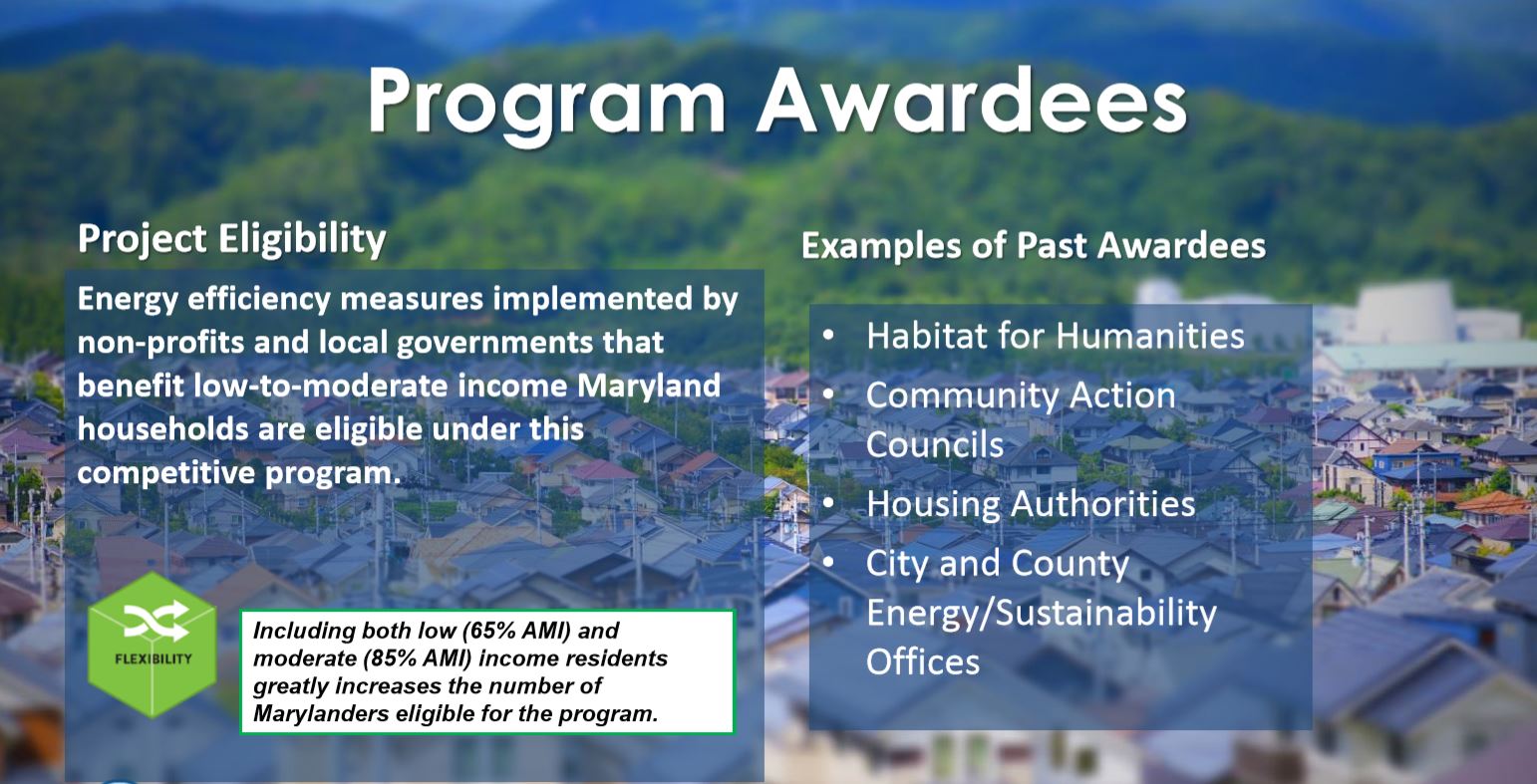
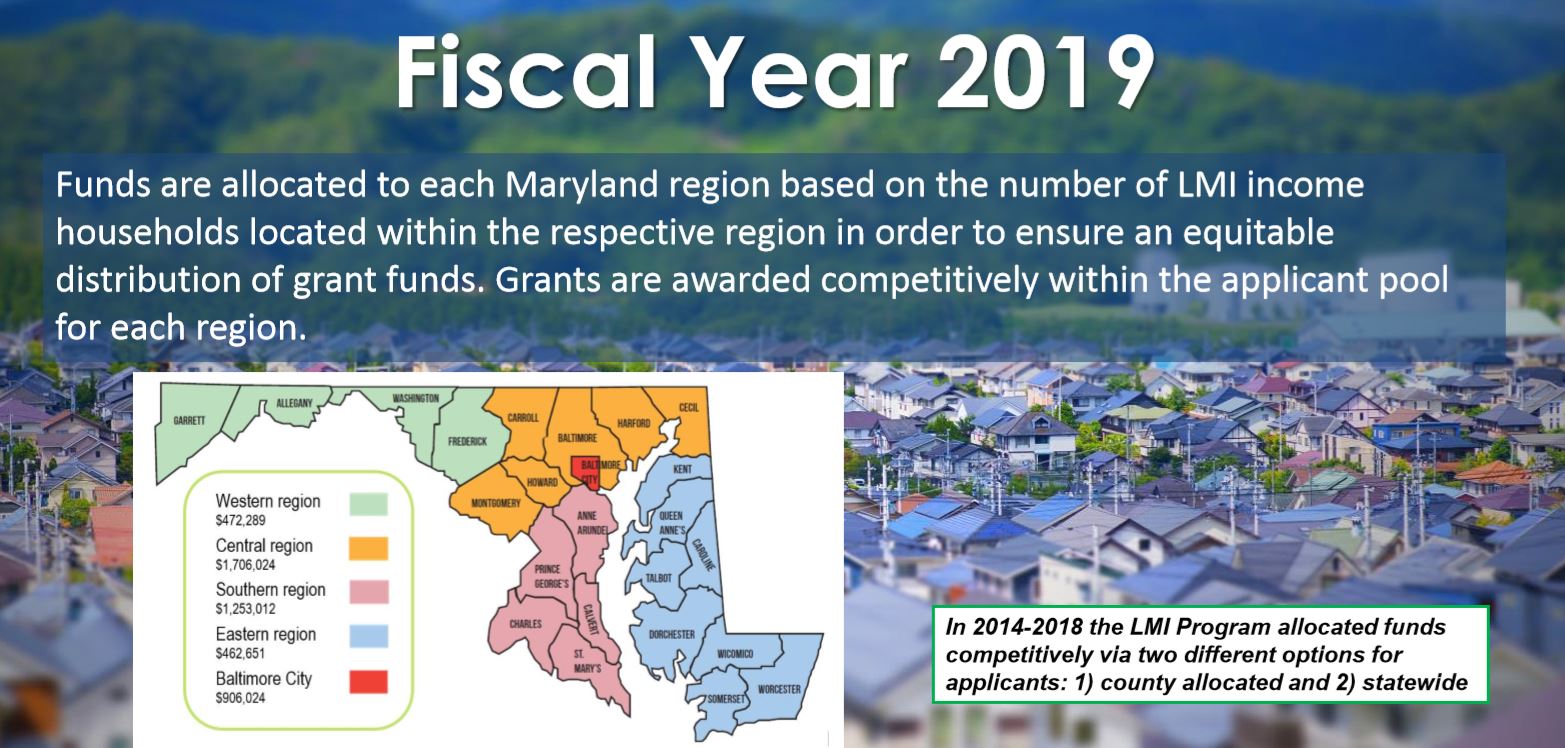
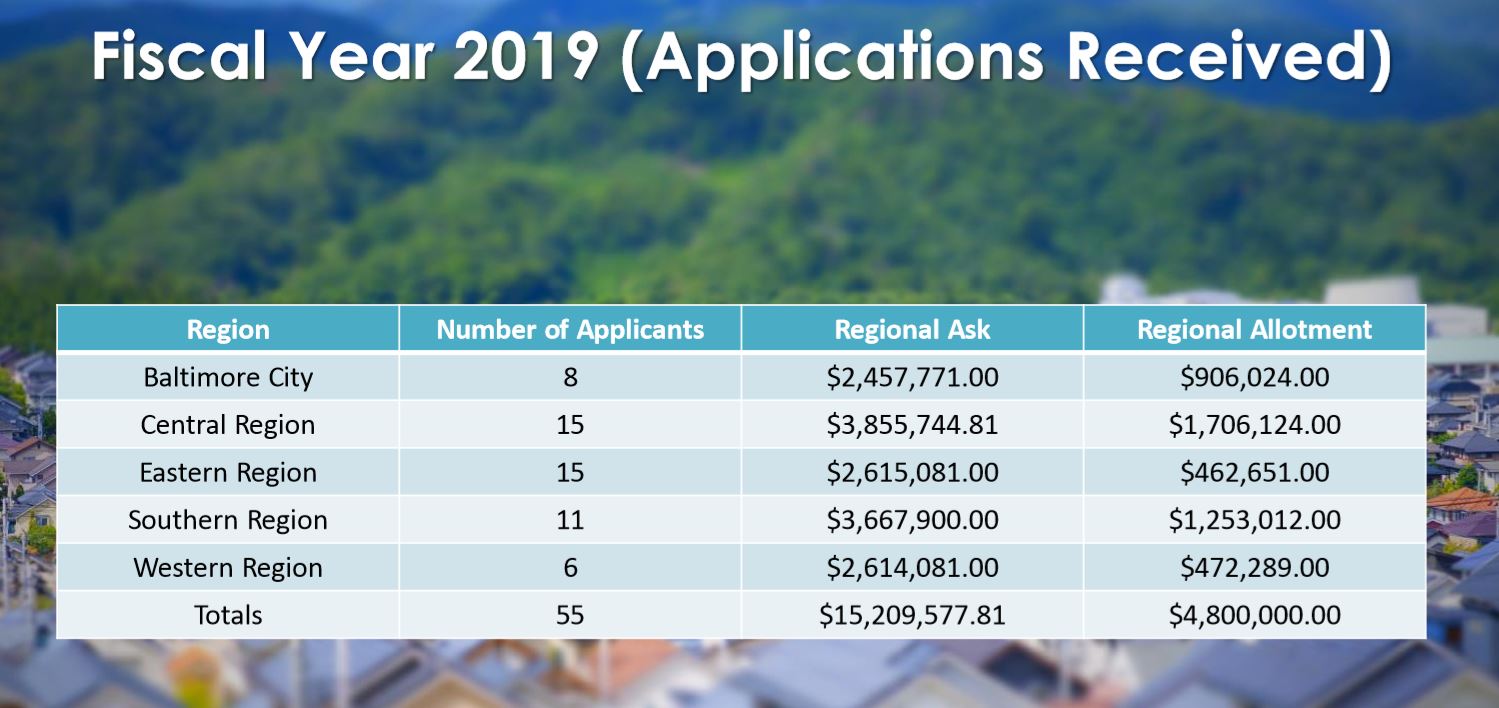
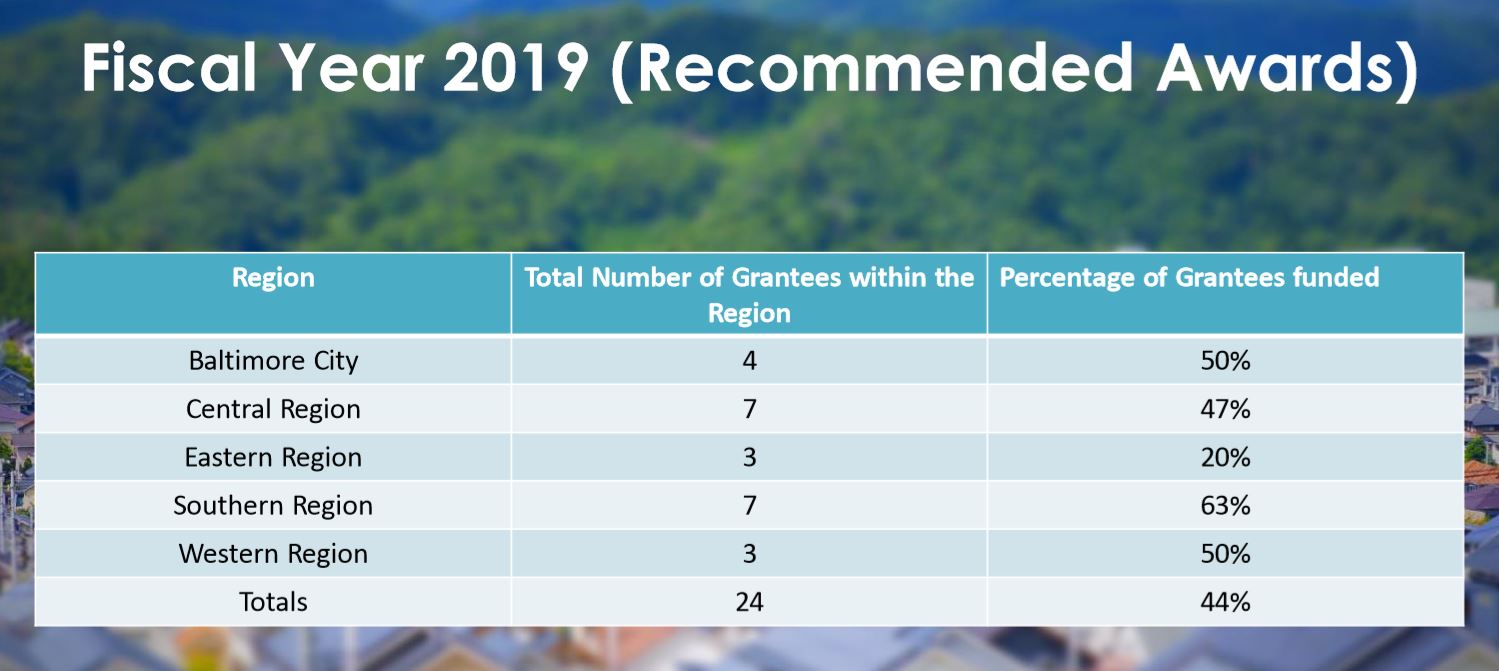
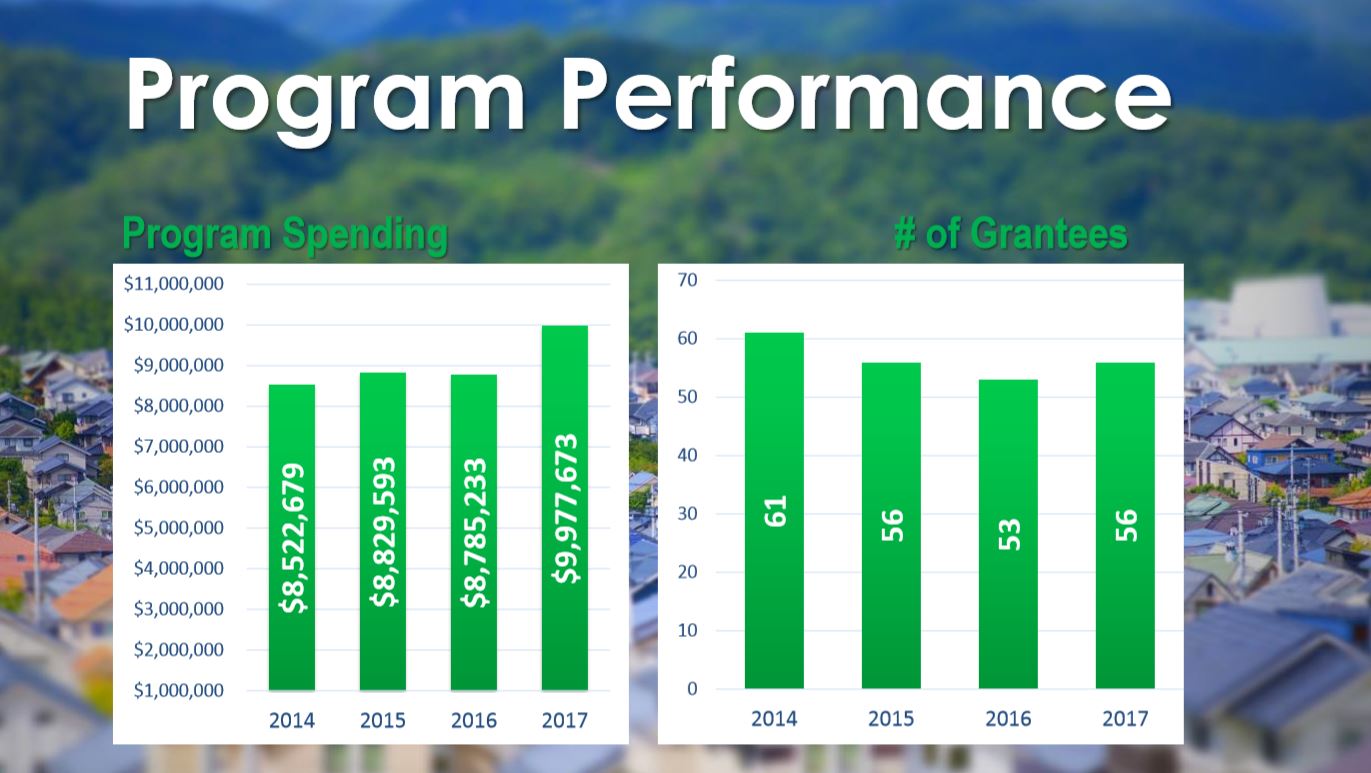
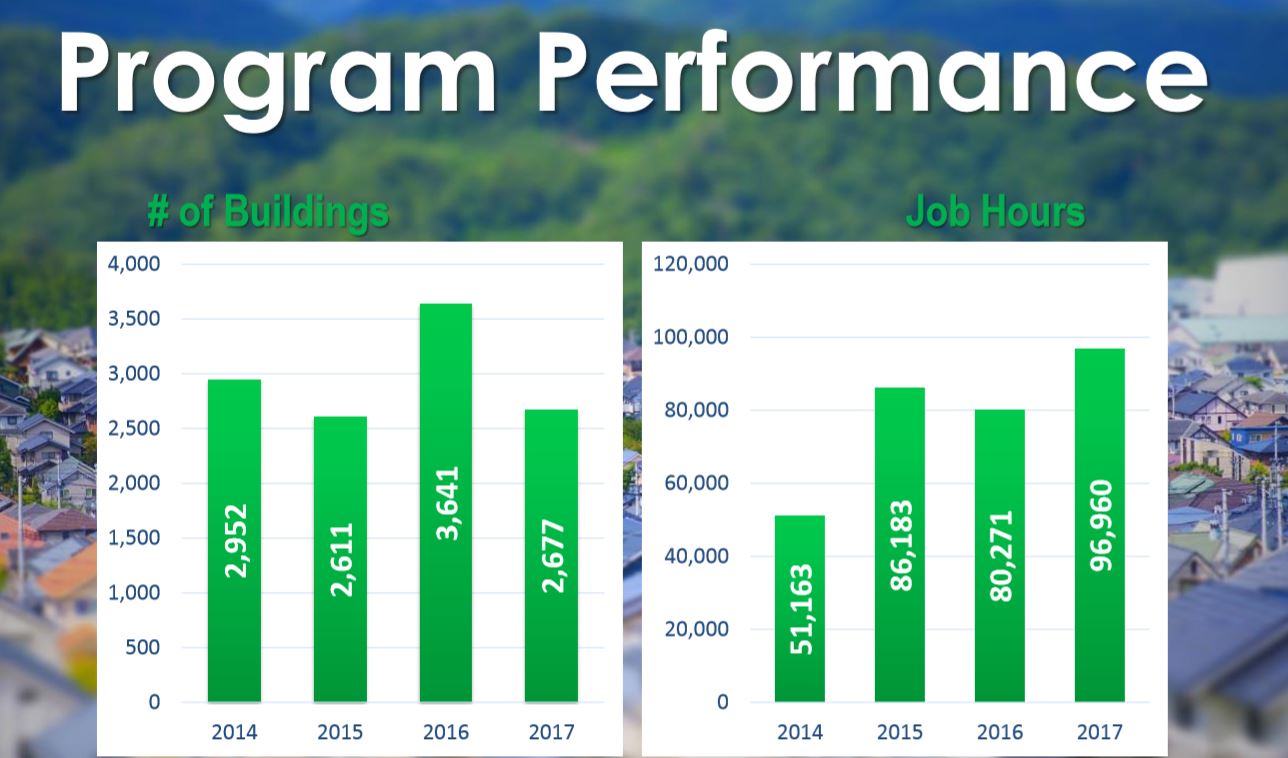
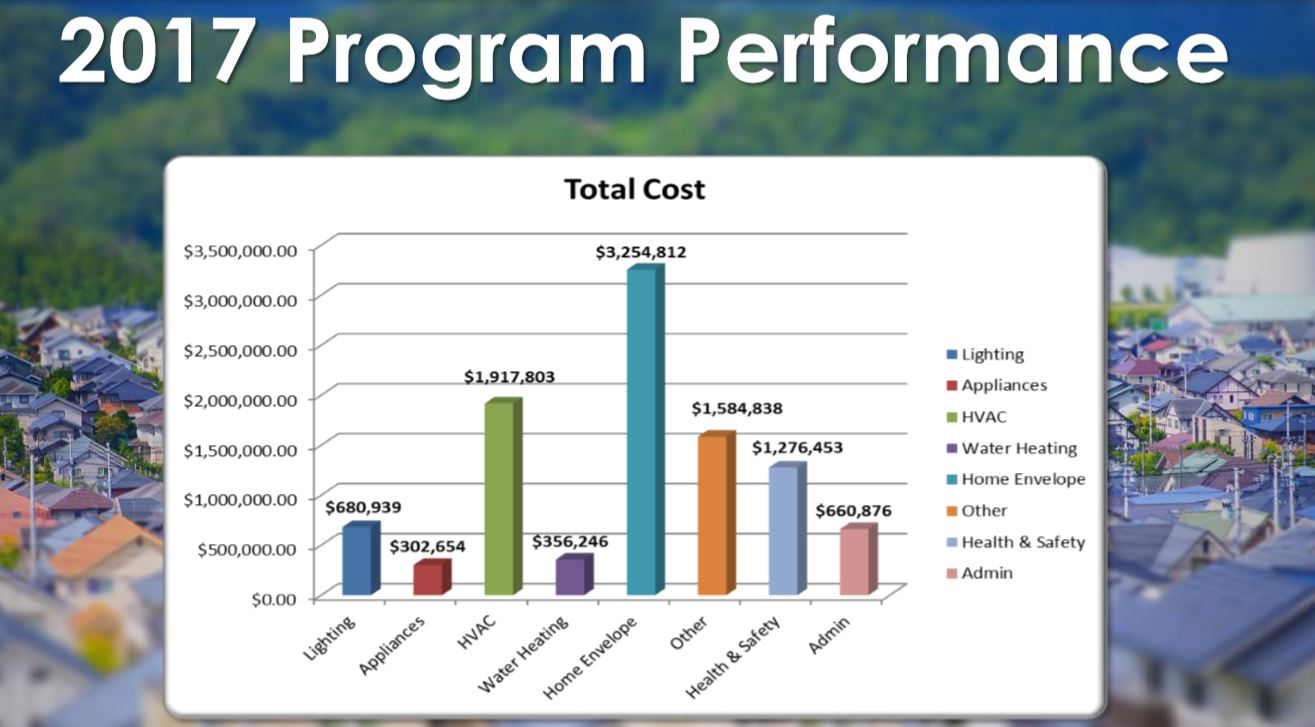
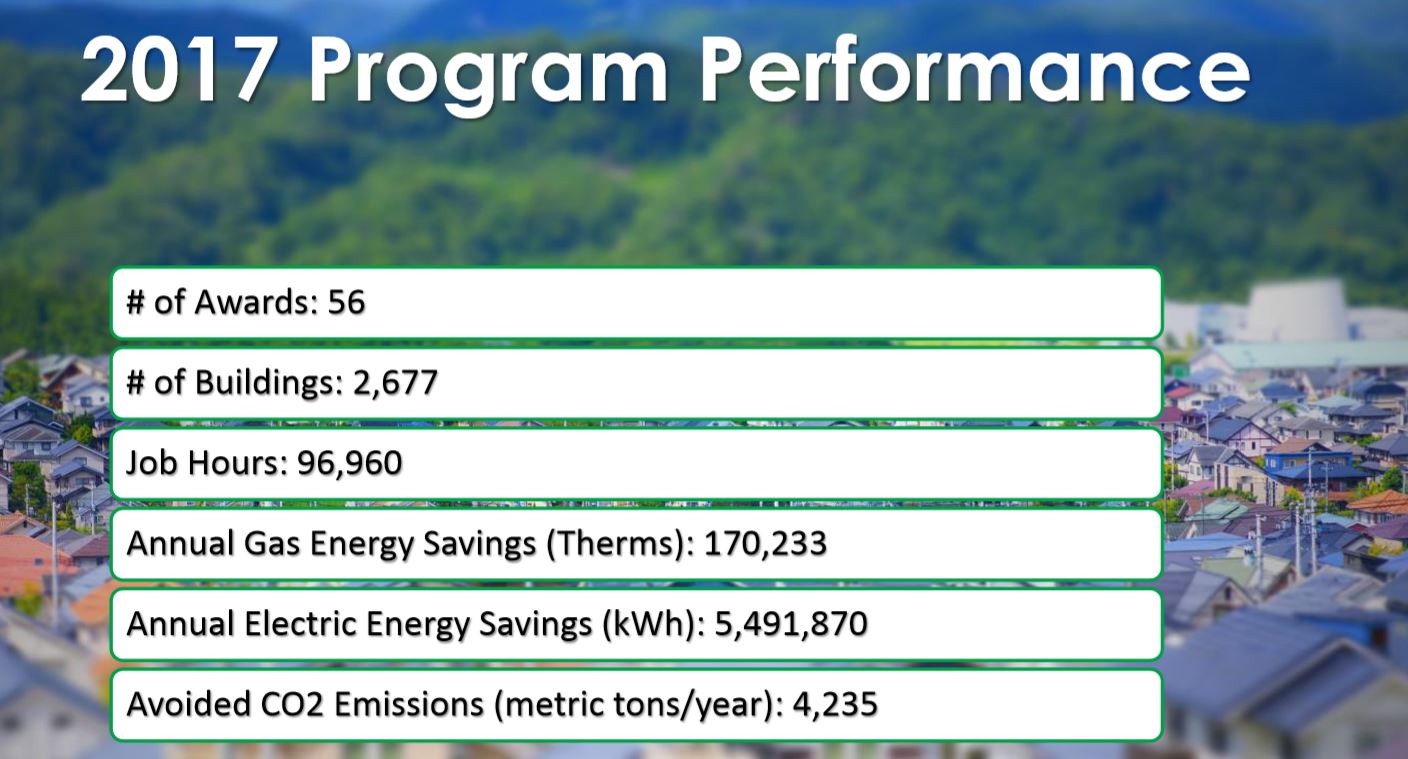
 1-888-373-7888
1-888-373-7888 233733
233733